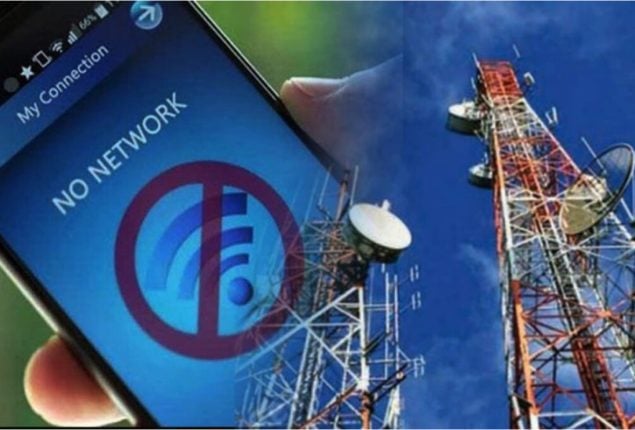

Government confirms firewall installation as net speed drops
The government has finally admitted that it is installing a firewall to monitor and manage internet traffic across Pakistan. This comes after months of denial, during which officials rejected claims that a firewall was causing slow internet. But now, it seems the firewall may be a big reason why internet speeds have dropped since last year.
Member of the National Assembly Muhammad Jawed Hanif Khan recently asked in parliament about the firewall. Minister for IT and Telecommunication, Shaza Fatima Khawaja, confirmed in a written reply that the government is putting the firewall in place.
She said that in today’s digital world, where communication and automation are key to economic growth, cybersecurity is necessary. According to her, the firewall helps manage traffic and block websites with harmful or illegal content, following Pakistan’s laws.
The minister also stated that the government is taking this step in line with actions taken by previous governments and under Article 19 of the Constitution, which allows freedom of speech with certain limitations.
Pakistan has quietly started using a geo-fencing firewall at top internet entry points, which lets authorities track and block online content in real time. Tech experts say this system is much more advanced than previous ones, and it’s slowing down popular apps like WhatsApp and Facebook.
Although the government calls this a “web management upgrade,” insiders say it’s a full surveillance system. Major internet service providers weren’t even told about it officially. As a result, users and businesses, especially call centers, are facing disruptions.
The IT minister also blamed VPNs (Virtual Private Networks) for slowing down the internet. She said they mess with data routes and cause network traffic jams. But digital rights group Bytes for all and internet speed data say otherwise — claiming the government is rerouting internet traffic through proxies and inspecting data deeply.
Pakistan’s weak internet infrastructure and low number of users only make things worse. While officials say the firewall helps protect the country online, critics believe it invades privacy without really improving cybersecurity.












